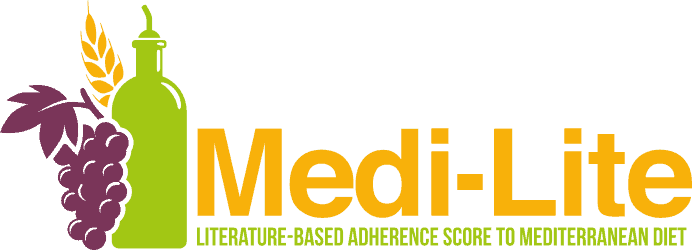Mediterranean diet and gestational weight gain

In conclusion, pregnancy can be considered a window of opportunity for promoting healthy habits, as women are more willing to adopt healthier dietary habits during this time. Counselling and promoting the Mediterranean diet during antenatal visits could offer a sustainable and practical strategy to control gestational weight gain and ensure adequate nutrient intake during this critical fetal developmental period. Moreover, it could also be an important public health measure with implications that might span over a woman’s life course.
Source: Cano-Ibánez et al., Maternal Dietary Patterns during Pregnancy and their Association with Gestational Weight Gain and nutrient Adequacy. International Journal of Environmental Research and Public Health, 2020, 17, 7908; doi:10.3390/ijerph17217908



